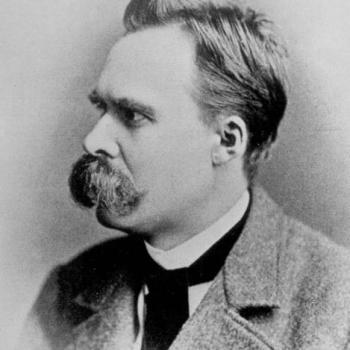Pope Francis brought his campaign for action on climate change to the United Nations Friday, proclaiming the existence of a “right of the environment” and pleading with countries to stop abusing it.
In remarks to the largest gathering of world leaders in UN history — close to 200 prime ministers, presidents, and potentates — the leader of 1.2 billion Catholics blamed environmental degradation on “a selfish and boundless thirst for power and material prosperity” that causes untold suffering for the poor who “are cast off by society.” . . .
He was clear that in his mind, environmental protections include an “absolute respect for life in all its stages and dimensions.”
“First, it must be stated that a true ‘right of the environment’ does exist,” the pope said.
“Any harm done to the environment, therefore, is harm done to humanity,” he continued. Human beings, he said, are “not authorized to abuse it, much less to destroy it.”. . .
He urged leaders not to wait to take steps to end human trafficking, the marketing of human organs and tissues, the sexual exploitation of children, slave labor, prostitution, the drug and weapons trade, terrorism, and international organized crime.
“We need to ensure that our institutions are truly effective in the struggle against all these scourges,” the pope said.
Francis called on world leaders to guarantee all people access to basic materials and spiritual rights, including access to “lodging, labor, and land,” as he put it, as well as housing, a living wage, adequate food and water, religious freedom, and education.
“These pillars of integral human development have a common foundation, which is the right to life and, more generally, what we could call the right to existence of human nature itself,” he said.















